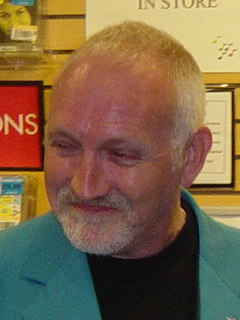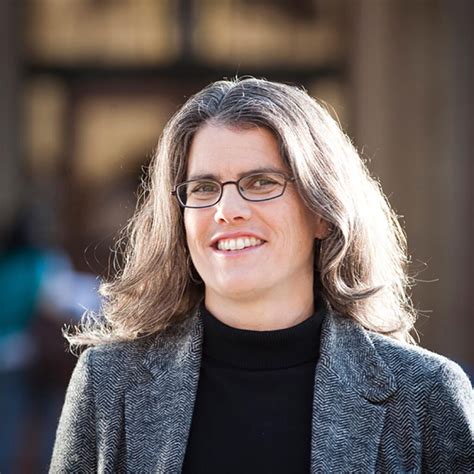A Quote by Noam Chomsky
Science talks about very simple things, and asks hard questions about them. As soon as things become too complex, science can't deal with them... But it's a complicated matter: Science studies what's at the edge of understanding, and what's at the edge of understanding is usually fairly simple. And it rarely reaches human affairs. Human affairs are way too complicated.
Related Quotes
The most remarkable discovery made by scientists is science itself. The discovery must be compared in importance with the invention of cave-painting and of writing. Like these earlier human creations, science is an attempt to control our surroundings by entering into them and understanding them from inside. And like them, science has surely made a critical step in human development which cannot be reversed. We cannot conceive a future society without science.
I identify with other women because of my gender, and I identify with other women if they are mothers because I'm a mother, too. It's very simple. It's nothing complicated, it's not rocket science. It's about empathy. It's about understanding that what happens with one person is potentially what happens to you, and seeing yourself in someone else's shoes. Fundamentally, we are all in the same place: we're born, we live, and we're going to die. In between, we'll have joy and we'll have sadness.
Science,' said Mr Anders Anders. 'Science, not magic. I told you before: when things are not as they appear to be, it's because they're actually simpler than you think them to be. Things are never as difficult and complicated as folk believe. You'd be surprised just how straightforward and obvious things really are. The secret is in knowing how to look at them the right way.
In every science, after having analysed the ideas, expressing the more complicated by means of the more simple, one finds a certain number that cannot be reduced among them, and that one can define no further. These are the primitive ideas of the science; it is necessary to acquire them through experience, or through induction; it is impossible to explain them by deduction.
The history of science, like the history of all human ideas, is a history of irresponsible dreams, of obstinacy, and of error. But science is one of the very few human activities-perhaps the only one-in which errors are systematically criticized and fairly often, in time, corrected. This is why we can say that, in science, we often learn from our mistakes, and why we can speak clearly and sensibly about making progress there. In most other fields of human endeavour there is change, but rarely progress ... And in most fields we do not even know how to evaluate change.
Science has a simple faith, which transcends utility. Nearly all men of science, all men of learning for that matter, and men of simple ways too, have it in some form and in some degree. It is the faith that it is the privilege of man to learn to understand, and that this is his mission. If we abandon that mission under stress we shall abandon it forever, for stress will not cease. Knowledge for the sake of understanding, not merely to prevail, that is the essence of our being. None can define its limits, or set its ultimate boundaries.
I agree that science is the best way of understanding the natural world, and therefore that we have reason to believe what the best science tells us about the objects in that world and the relations between them. But this does not mean that the natural world is the only thing we can have true beliefs about. The status of material objects as things that are "real" is a matter of their having physical properties, such as weight, solidity, and spatio-temporal location. In order to be real, such things need not have, in addition to these properties, some further kind of metaphysical existence.
[There] are cases where there is no dishonesty involved but where people are tricked into false results by a lack of understanding about what human beings can do to themselves in the way of being led astray by subjective effects, wishful thinking or threshold interactions. These are examples of pathological science. These are things that attracted a great deal of attention. Usually hundreds of papers have been published upon them. Sometimes they have lasted for fifteen or twenty years and then they gradually die away.





































